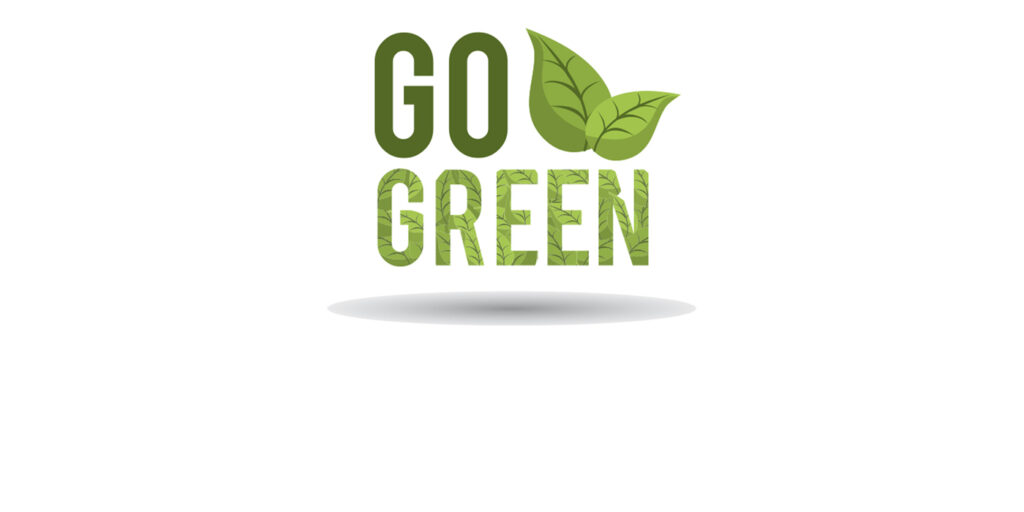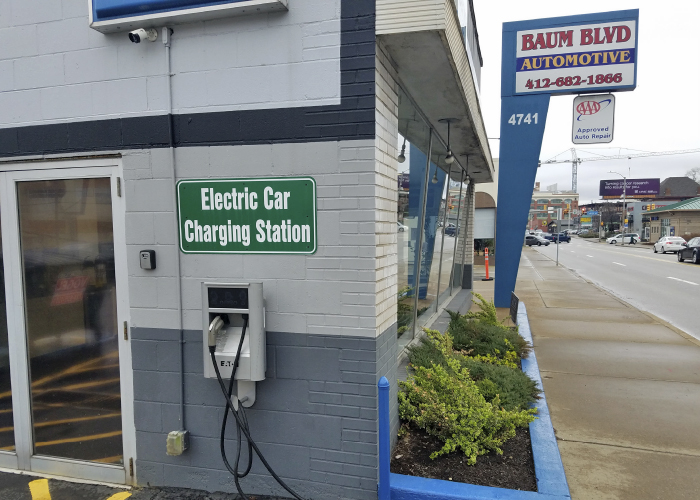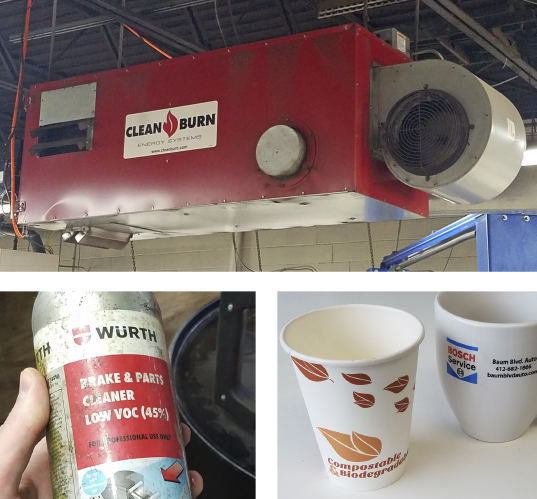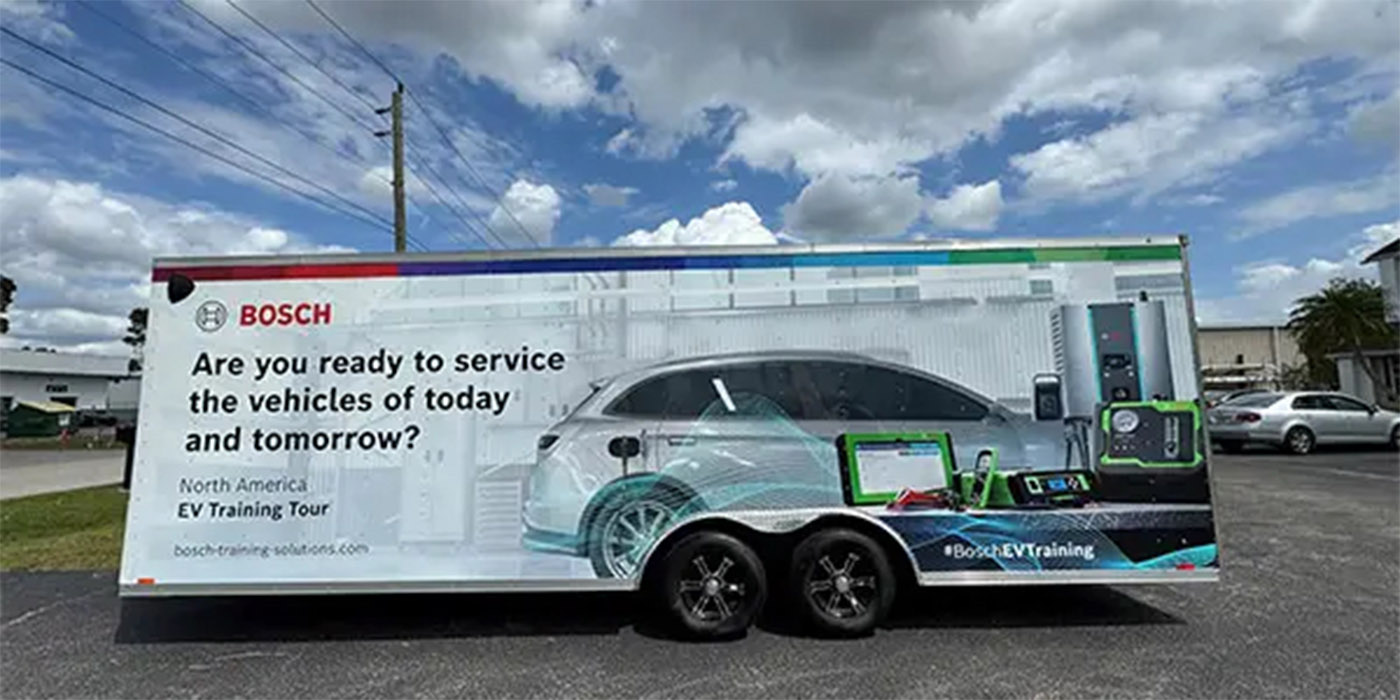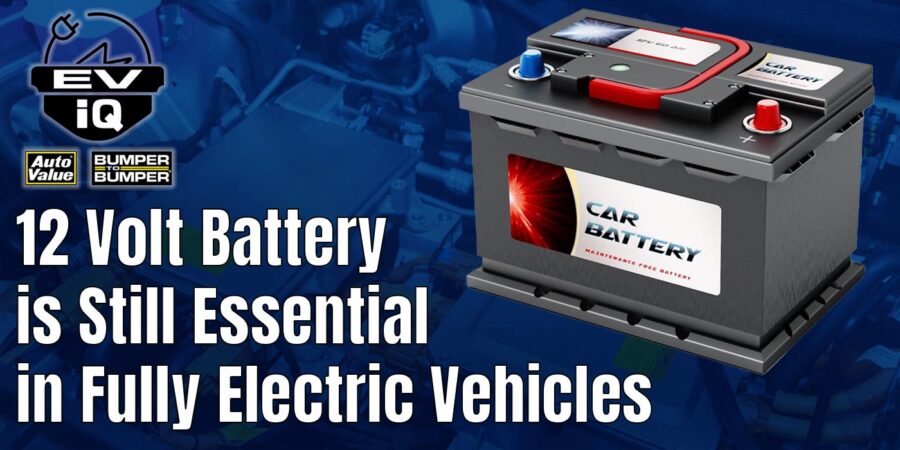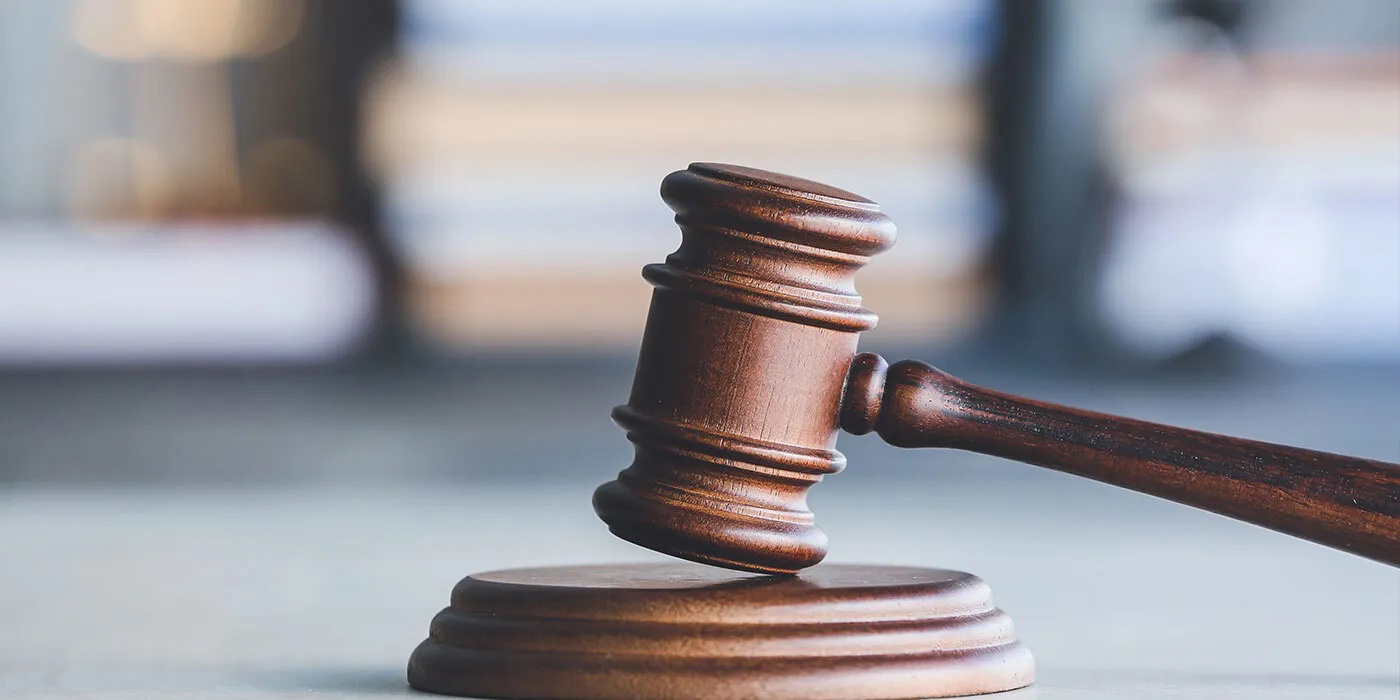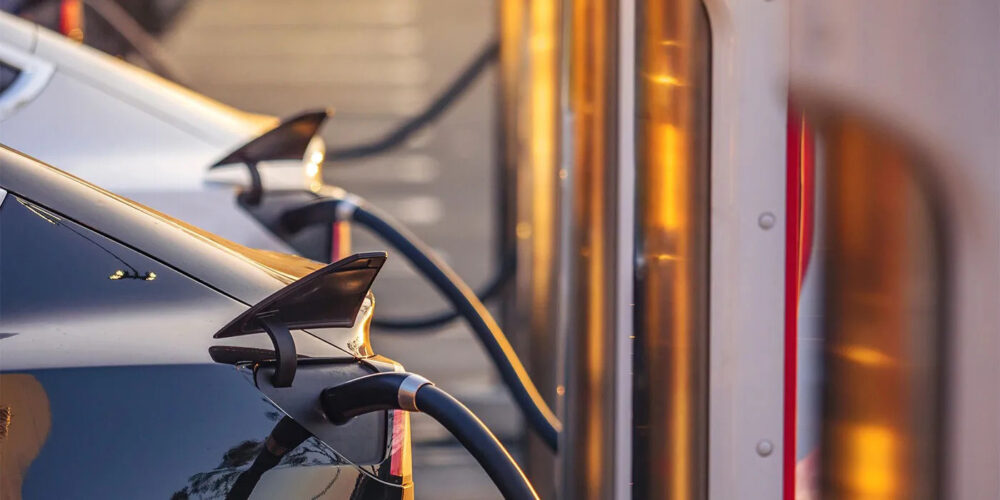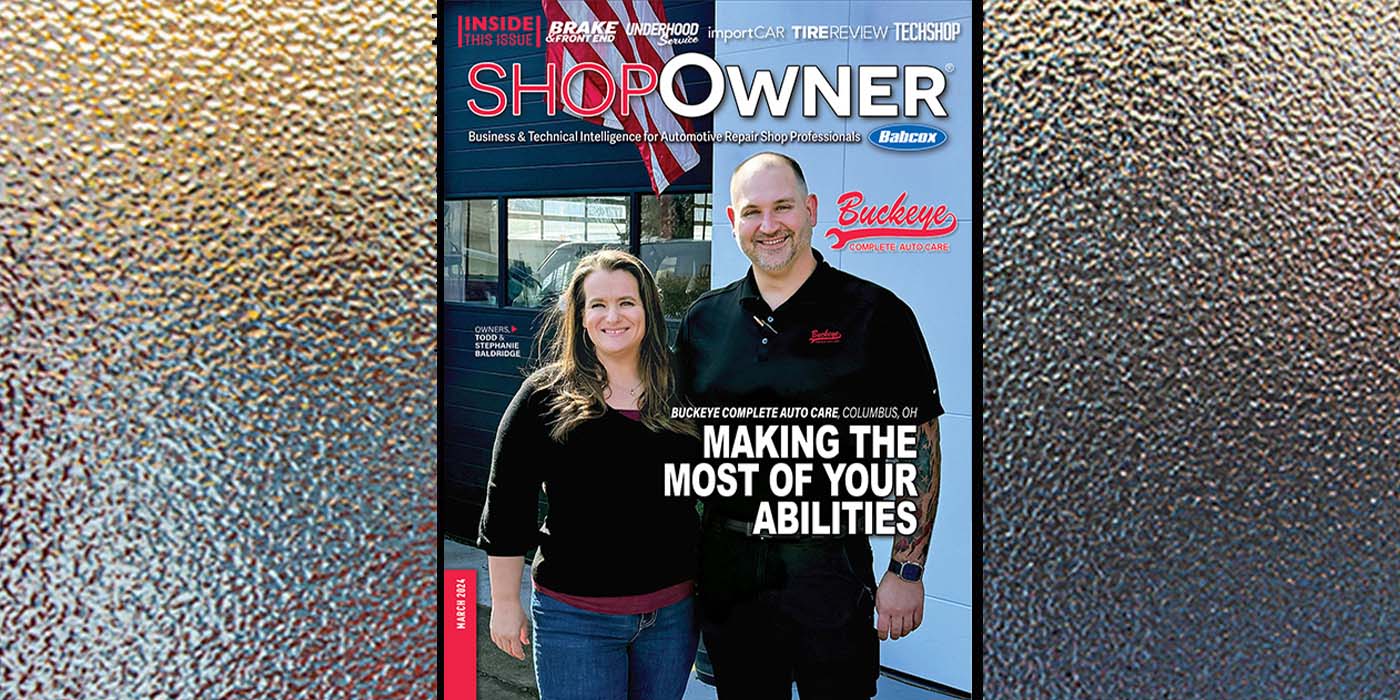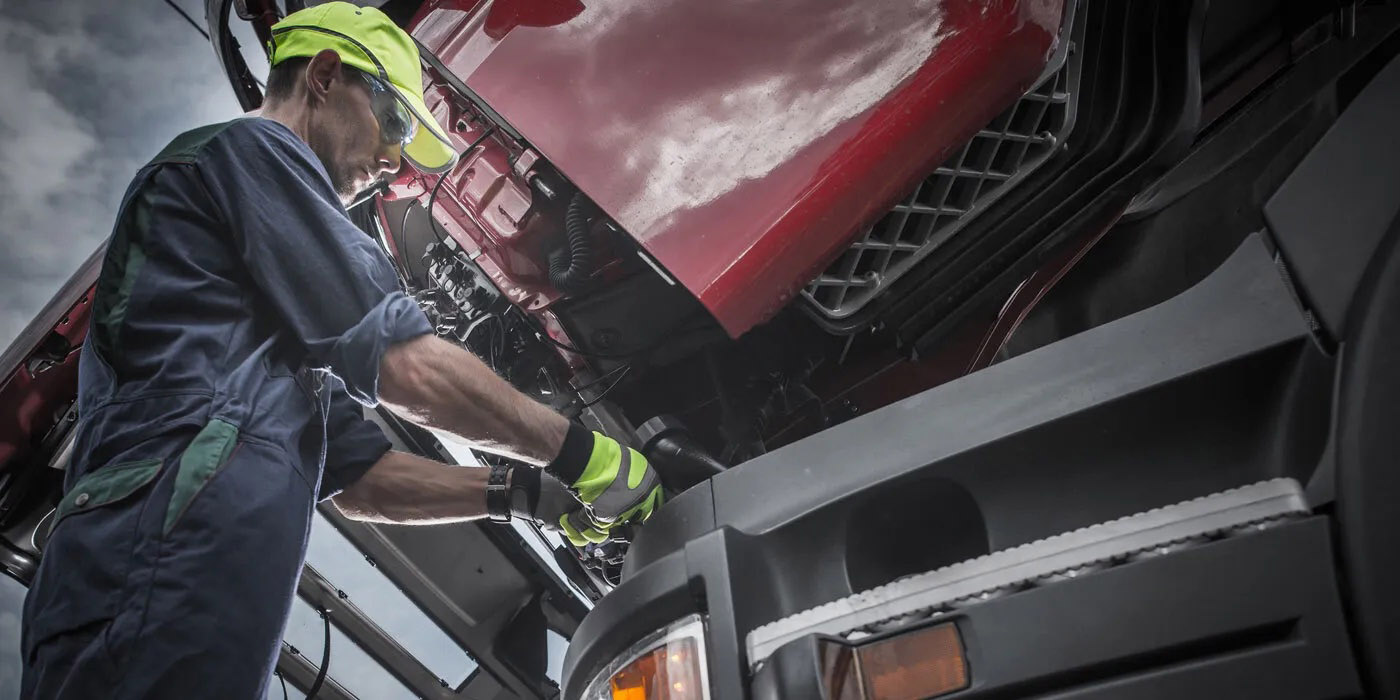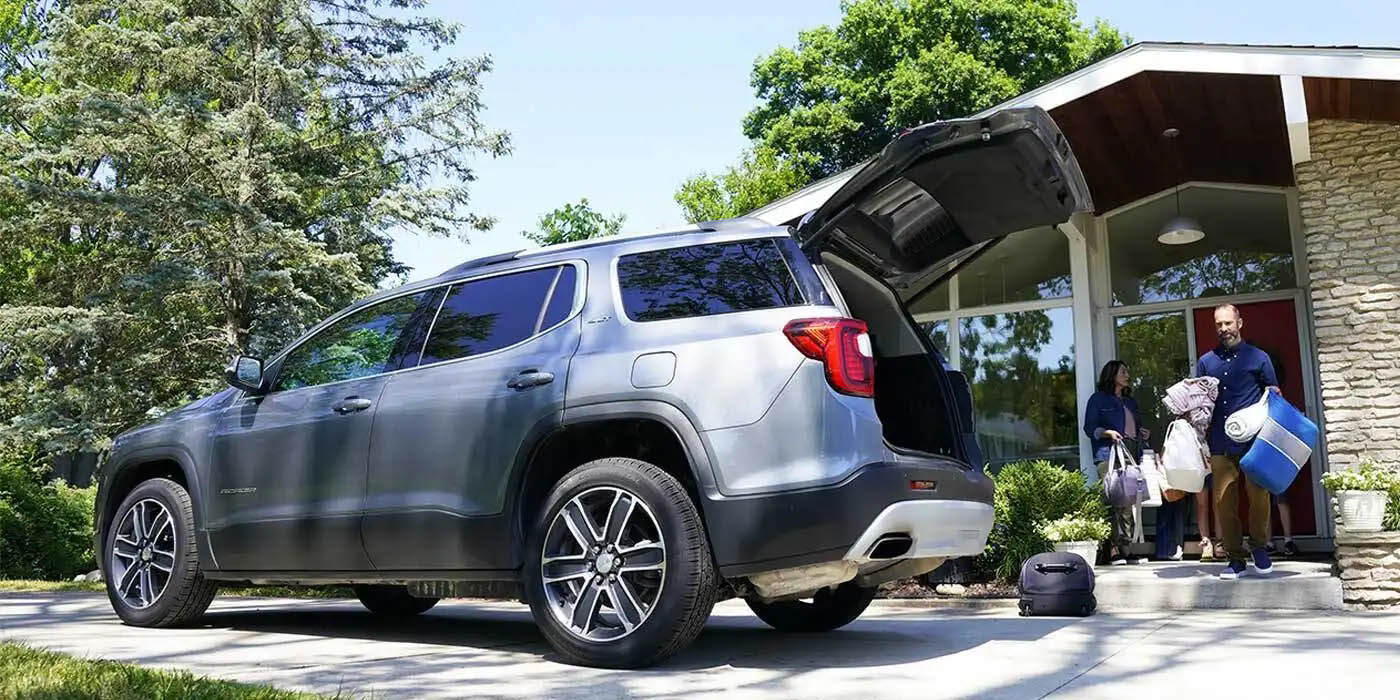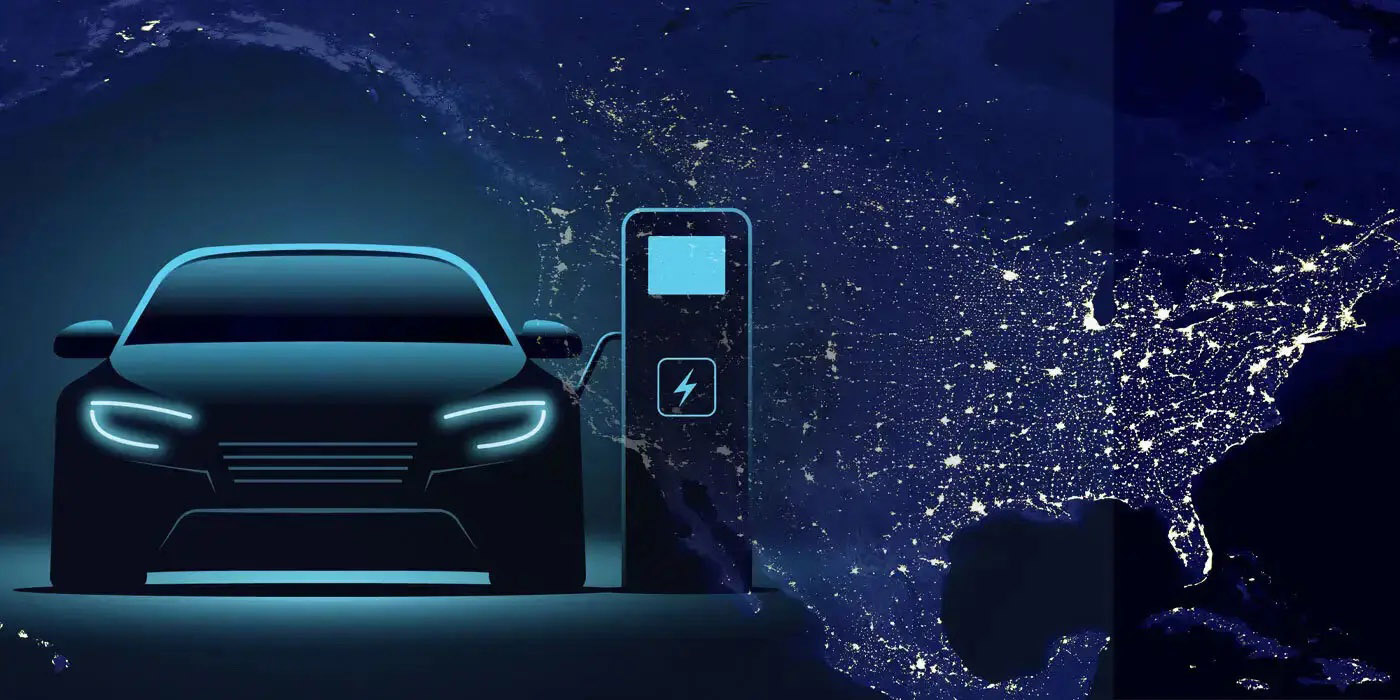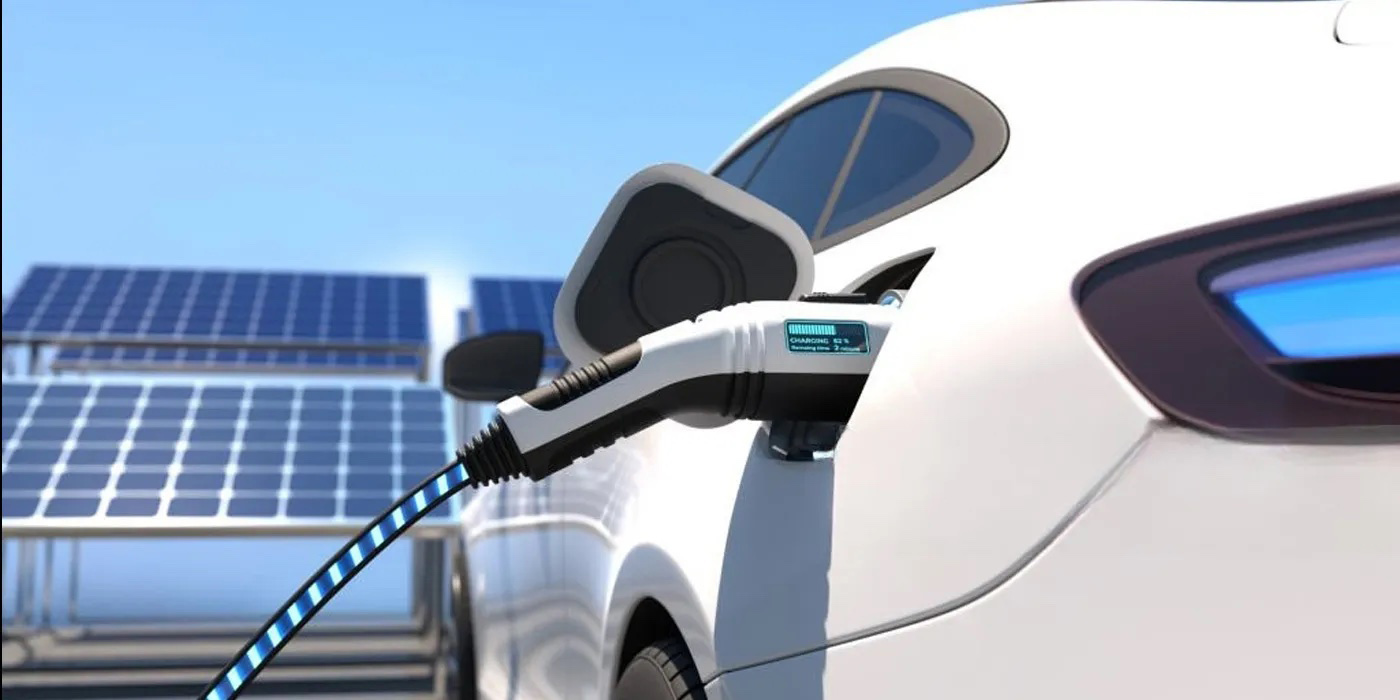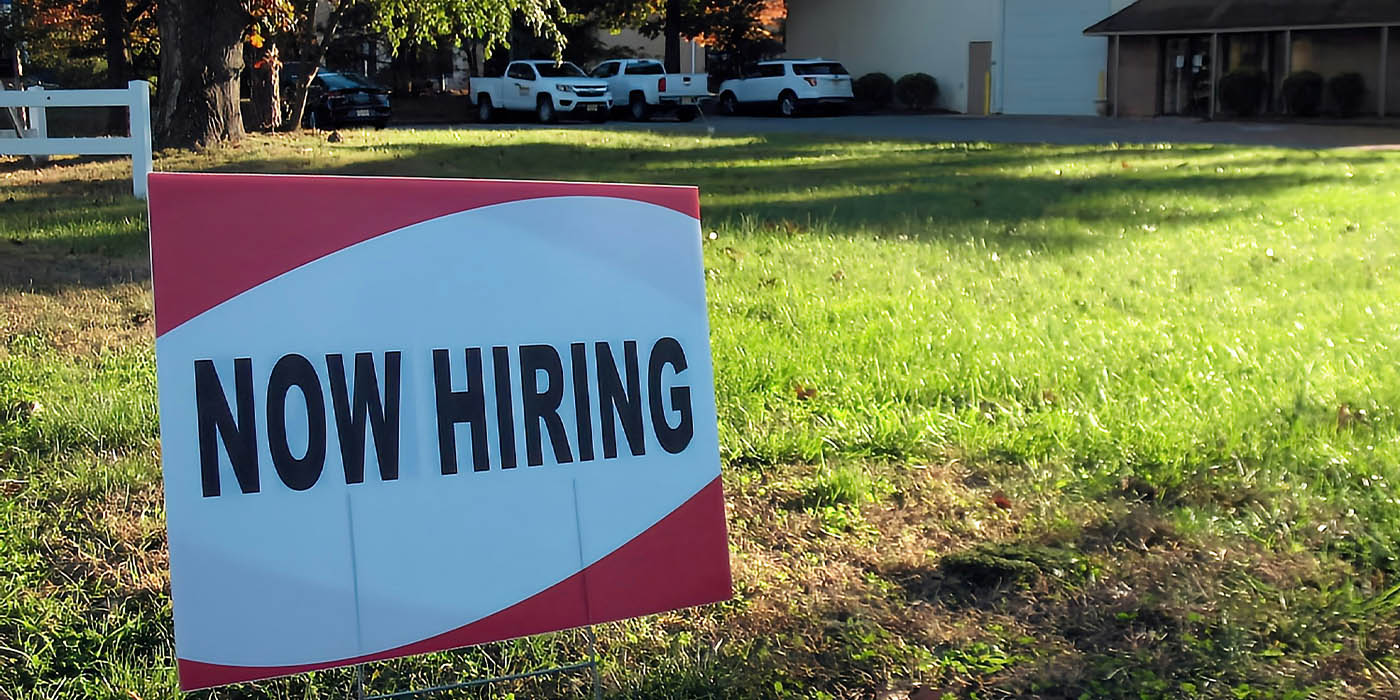To the uninitiated, Pittsburgh, PA, may be something of an enigma. Nicknamed “The Steel City,” perceptions may be that this town at the confluence of the Allegheny, Monongahela and Ohio Rivers is still clouded in smoke from mills producing tons of metal a day.
Black and gold may be the dominant colors in the city, but Chuck Wichrowski, owner of Baum Blvd. Automotive recognizes that green is becoming much more popular.
“We exist here in the middle of five different universities and many leading medical facilities, which include both hospitals and research facilities,” says Wichrowski. “The people who inhabit these places are all skewed toward environmental concerns, so an attention to green practices is smart business.”
Wichrowski says he opened his location on Baum Blvd. in Pittsburgh in 2003 after owning and operating two different gas stations since 1989. “It started out with two guys and a service writer. And it’s gradually evolved,” he says, “and now we have three service writers and seven techs.”
One of those first employees hailed from Portland, OR, recalls Wichrowski. “Mike Schoenfeld was very concerned about all of the things that we did in the shop that were dirty. Because I had those same concerns, we started to think of ways in which we could do the same things, get the same objectives accomplished and cut down on the amount of waste, use of plastic and chemicals. We worked together to analyze how we could do good work and keep things environmentally sound.”
At the time, says Wichrowski, the efforts went unnoticed. “We didn’t promote it or anything – it was just an in-house thing that we did.”
Over the years, he says, his search for better practices continued.
“We partnered with Carnegie Mellon University with a grant program to convert Honda Civics to electricity. We did most of the mechanical work, like removing the engines and the fuel tanks part that wouldn’t be necessary once you put an electric motor in a car,” Wichrowski explains. “We gave them lots of guidance regarding vehicle safety practices.”
Wichrowski adds the program resulted in development of several test vehicles. “Because they were converting everything by hand, it was costing them around $20,000 to do each one. By the time they got to the end of their grant, you could buy a Nissan Leaf for the same price with air conditioning and the warranty. So that faded away, but they did sell a couple of those to true believers.”
Wichrowski says many University development team members have remained in the area, active in other advanced technologies. His shops efforts have likewise gotten more ambitious.
In 2013, Baum Blvd. Automotive installed an Electric Car Charging station. “We did this for two main reasons – the first is to demonstrate to other businesses and institutions that it is very easy to provide car charging service for their customers and employees. Second, it is part of our continued efforts to support and service alternative fuel vehicles,” says Wichrowski.
The shop now actively advertises its environmental practices, recognizing the concern its customers have for safe practices. “While automotive repair is a dirty business, we are doing our part to make our business clean,” reads the shop’s website. “Our environmental compliance officer, Ryan Hart, works with the technicians and management – as well as customers – to determine best practices and minimize our negative impact on the environment.”
Hart explains, “Our electric car charger is free to use and available 24/7. Our clean-burning waste oil furnace cuts down on energy costs throughout the winter. We use refillable containers for brake fluid, as well as refillable containers for all of our bulk oil. Another practice we instituted around four years ago was to switch from paper inspection forms to an online catalogue. This makes all of our inspections easily searchable and conservatively that cuts down on 5,000 sheets of paper per year.”
Due to COVID, the waiting room at Baum Blvd. has been virtually empty, though Wichrowski says the shop does a significant number of contactless pickups and dropoffs. Hart says once customers do return, they’ll again see a commitment to sustainability. “For our refreshments, we primarily use coffee mugs that get cleaned in our dishwasher in the lobby, but if a customer would like a to-go cup, instead of Styrofoam, we use biodegradable cups with recyclable lids.”
Wichrowski says the past year has been challenging because, in order to keep customers safe some of his zero-waste goals have had to be put on hold. “Unfortunately, with the mask mandates, the personal protective gear that we have to use and the fact we’re spraying chemicals on everything and wiping everything down, it’s bothersome because we’re contributing a lot to increasing the waste during the pandemic here. We’re looking forward to the day when we can get back to the regular things that we do.”
Wichrowski acknowledges the business benefits of his efforts.
“Just about every utility company has some sort of grant program, at least around here. If you convert over to anything that reduces your electricity, even to the point where if you have an old refrigerator, they’ll pay you to get rid of it and get a modern one that uses less electricity.” The electric car population is strong in Pittsburgh, Wichrowski says, and the potential is even stronger. “Given the demographics around here, these people buy a lot of Teslas. We have a Google outpost, and now we probably have 200 Teslas in our customer base.”
The real challenge, he says, is learning how to make money servicing them. “They require very little maintenance, though as they come out of the warranty period with Tesla, we’re starting to see they have a lot of brake issues. Particularly in this climate, the problem with the brakes on the Tesla is since people use the regenerative braking, they just coast to a stop and don’t use the brakes too much. They tend to seize the brackets. We’re seeing that the brakes are coming apart from the backing plates. Since they never get used, or if they’re dragging on the rotors, they get overheated and it causes the brake material to break down.
“Tesla finally recommended – I don’t know if it’s just here or it’s nationwide – that once a year, you need to take all the brakes apart, clean everything and lubricate it. So that when they do need the brakes, they actually function.”
Wichrowski says his shop has replaced batteries in hybrid vehicles as well – some customers may balk at the price but compared to the cost of replacing a gasoline engine, a $2,400 battery can be seen as a bargain. “And it’s something that people want to do to keep their electric cars operating,” Wichrowski says. “Many of our customers have about 200,000 miles on their Prius.”
Pennsylvania’s strict safety inspections are no less demanding for an electric car, Wichrowski says. “Of course, they are not involved in the emissions testing. But, they still have to have brakes that work, the suspension has to be tight and the cars have to have decent tires – that’s actually a big problem with Tesla [owners]. They burn tires off really quickly. The cars are heavy, and everybody wants to demonstrate how fast they are, too. We’ll see them with completely bald tires in 10,000 miles.”
Wichrowski strongly believes in environmental stewardship. In addition to his sponsorship of Carnegie Melon University’s Charge Car Program, he is a board member of Pittsburgh Region Clean Cities.
Regardless of what they drive, Wichrowski says customers deserve the best service his shop can provide. “We know that people dread dealing with auto repair and we work to reduce their stress by answering all their questions and fully explaining what we are doing to solve their problem. In every case, we strive to make the customer confident that our work is done professionally and always done using the best sustainable practices.”

